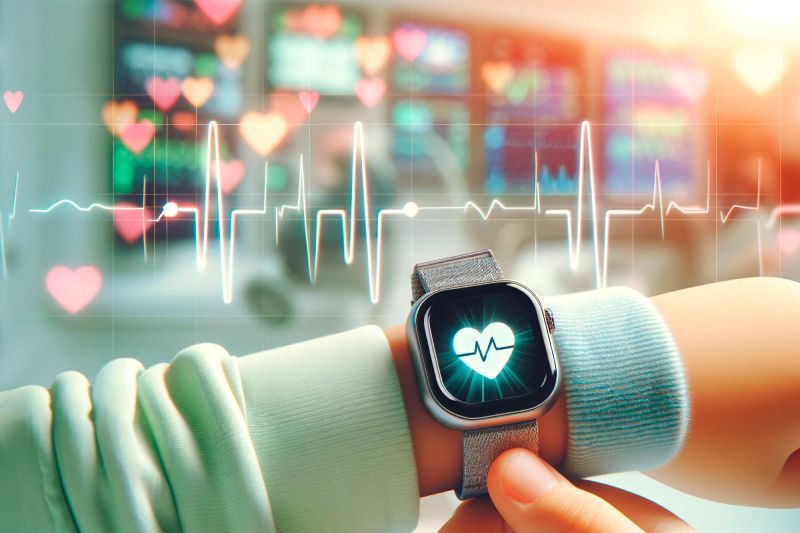
The information was obtained through an electronic medical record survey that Aydin Zahedivash (Stanford University, Palo Alto, USA) performed for pediatric cardiology patients receiving care at Stanford Medicine Children's Health.
The findings of the study indicate that during a span of four years, the term "Apple Watch" was mentioned 145 times in the medical records of patients, 41 of whom had irregular heart rhythms certified by conventional diagnostic techniques. 29 children were among those whose arrhythmias were initially diagnosed.
Senior study author Scott Ceresnak (Stanford University, Palo Alto, USA) said, "I was surprised by how often our standard monitoring didn't pick up arrhythmias and the watch did." "Seeing how newer technology can really make a difference in how we can care for patients is amazing."
According to Ceresnak, most of the irregular rhythms that were found posed no threat to life. He did note, though, that the arrhythmias found can result in uncomfortable symptoms like racing heartbeat, lightheadedness, and fainting.
The fact that children's smartwatch algorithms have not been tuned to identify cardiac issues limits the use of smartwatches to measure children's heart rhythms. In addition to having faster heartbeats than adults, children with cardiac arrhythmias also frequently experience other kinds of irregular rhythms.
The study revealed that children's smartwatches seem to aid in the detection of arrhythmias, indicating that it would be beneficial to develop smartwatch algorithms based on actual cardiac rhythm data from kids.
Alerts regarding patients' heart rates and patient-initiated electrocardiograms (ECGs) from an app that makes use of the watch's electrical sensors were among the data obtained from watches. The ECG feature of the app records the electrical signals produced by the heart when patients activate it. Doctors can use this pattern of electrical pulses to diagnose various heart conditions.
The Stanford Medicine research team intends to carry out an investigation to evaluate the Apple Watch's potential usefulness in identifying cardiac issues in children. The purpose of the study is to determine whether the heart rate and heart rhythm readings from the watches in children agree with those from conventional diagnostic tools.
Only kids who are currently Stanford Medicine Children's Health cardiology patients are eligible to participate in this study.
"Our children will use wearables, as the market for them is booming," Ceresnak predicted. "We want to ensure that the information we obtain from these gadgets is accurate and dependable for kids. We would love to contribute to the future development of heart rhythm monitoring algorithms tailored to children."
The study was carried out without outside funding. Apple was not a part of the project. Watches will be donated for the next stage of the study by Apple's Investigator Support Program.
The US Food and Drug Administration (FDA) has given the Irregular Rhythm Notification and ECG app from Apple permission to be used by anyone 22 years of age or older. Only users who are 13 years of age or older can receive the high heart rate notification.